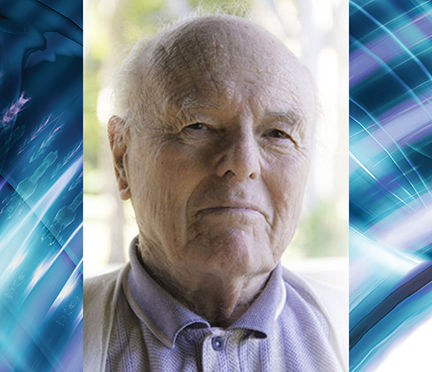President Obama recently advised, in substance, that he can’t obtain from Congress the actions he believes should be taken for America, so he intends to act where he can and should by executive orders to pursue his objectives.
Obama is not the first president to be frustrated by an inability to secure laws and fundings for programs that he believes would serve the nation, and he won’t be the last. It is a dilemma that occurs regularly when Congress, or a branch of it, is controlled by a political party that the president is not affiliated with.
The problem has been aggravated by the intense partisanship on Capitol Hill, which has been a feature in recent years. It is, of course, debatable as to what the cause is for the current standoff. Prior presidents like Ronald Reagan and Bill Clinton were confronted with divided or opposed Congresses and had significant success in coming to an accord with them.
It is not my purpose to play the blame game, rather it is my intent to consider what functions of the executive branch and the legislative branch of our government can be implemented that will best serve the interests of our nation’s people.
Our country is a republic comprised of 50 sovereign states united under a federal constitution, which provides for three separate branches of government – the executive branch headed by the president, the legislative branch consisting of the two houses of Congress, and the judicial branch comprised of the Supreme Court and other federal courts.
Under the provisions of the Constitution, Congress has all the legislative powers. It considers, adopts and amends the laws that govern our affairs.
The president is vested with the executive powers and serves as the commander in chief of our military forces. With the consent of the Senate, the president also has the power to enter into treaties with other nations and appoint members of the judiciary and other federal offices.
The presidential executive powers include the administration and enforcement of laws. By virtue of these constitutional arrangements, it is generally said that America is governed under the rule of law.
The issue to be discussed here – the president’s inclination to circumvent a Congress deadlocked on many matters – arises because of his doubtless, sincere belief that he was elected with a mandate to transform our country (hope and change, remember?).
It must be recognized that the president, quite legitimately, has the right to make reasonable interpretations of the laws that he is charged with enforcing as well as reasonably prioritize such enforcements.
But the president seems to want to go further. His recent public statements have indicated that he would like to make changes in the arrangements for dealing with illegal aliens and reducing the sentences for certain convicted felons and forbearing their deportation.
These proposals have, at this point, just been floated or are at an incipient stage, but they pose important questions as to presidential powers.
It is generally understood that the framers of the Constitution visualized that, while the branches would be supreme in their sphere, checks and balances would assure their equality.
What Obama is now seeking – the power to negate enforcing laws that he believes are not beneficial and to alter the application of laws that he believes are unfruitful or unjust – would be an invasion of the powers of the legislature and the judiciary.
In theory, the judiciary should be able to rule whether a presidential order is in excess of his powers. But a major stumbling block exists in a precedent that requires the party seeking the court ruling to have “standing to sue.” In broad terms, this means that the plaintiff must be legally aggrieved by the order – something that is often difficult to establish.
The president is doubtlessly sincere in believing that the orders he issues will be societally beneficial and within his presidential powers, while those concerned about his actions believe that it amounts to legislation, a power exclusively reserved for Congress under the Constitution.
The expansion of presidential powers for executive orders should not be a partisan issue. Democrats should ask themselves if they would want a Republican president to have more powers. And conversely, it should be recognized that a presidential order ignoring of laws or enforcing them by changed terms is, in actuality, a legislative action.
The real question for citizens is whether they would prefer the president to have quasi-legislative powers or to preserve the constitutionally mandated separation of powers, when the president and Congress are deadlocked.
We may sympathize with the president’s aspirations but the constitutional language, which vests all legislative power to Congress, seems to be a formidable barrier to the lawful exercise of them.
• Walter Lewis is a resident of Princeville and writes a biweekly column for The Garden Island.




